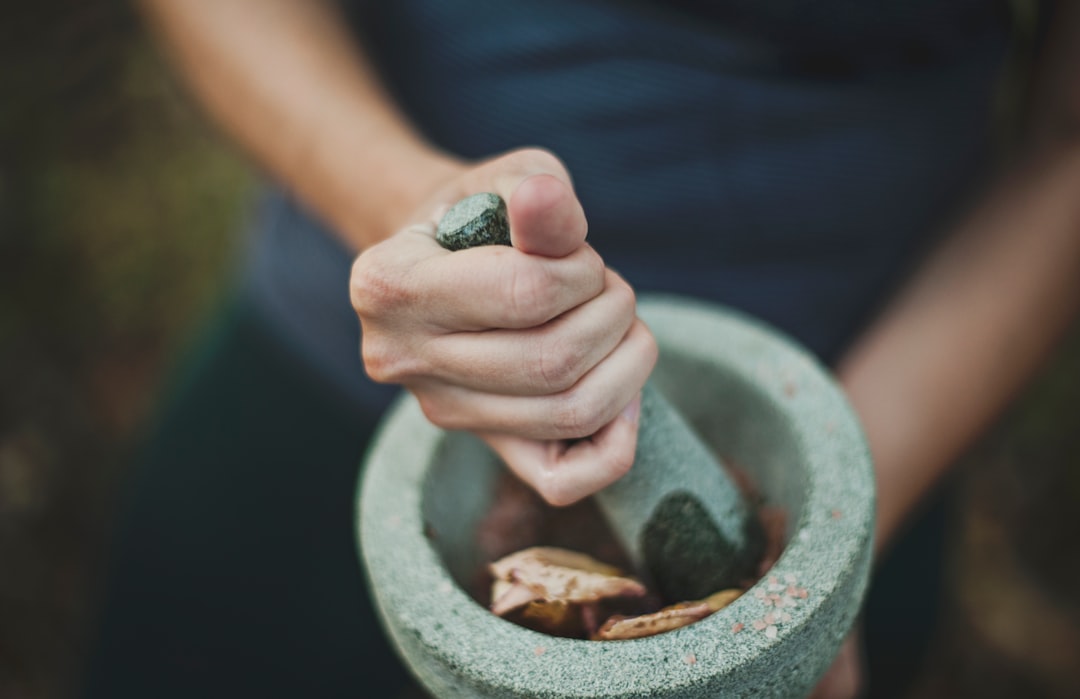Gut health is crucial for overall well-being, with the gut-brain connection playing a significant role in mental and physical health. Holistic solutions like nutrition counseling, herbal remedies, and aromatherapy aim to restore gut health and improve quality of life.
Finding Balance: Holistic Strategies for Effective Stress Management
In holistic health, stress is understood as a multi-faceted concept that affects the mind, body, and spirit of an individual. It is not just limited to external factors but also internal imbalances that can lead to physical and emotional strain. Holistic health practitioners believe that stress is a natural response to challenges or threats, but when chronic or unmanaged, it can have a negative impact on one’s overall well-being. Stress in holistic health is seen as a disruption of the body’s natural balance and harmony. This can manifest in various forms such as physical symptoms, emotional distress, or mental fatigue. Understanding the root causes of stress, whether they are related to lifestyle, relationships, environment, or internal beliefs, is crucial in holistically managing and treating stress. By addressing all aspects of an individual’s life and creating a comprehensive plan that includes physical, emotional, and spiritual practices, holistic health aims to reduce stress and promote overall health and wellness.
Harmony Inside and Out: The Power of Holistic Dental Health and Oral Care
Oral hygiene plays a vital role in holistic practices as it is closely interconnected with overall health and well-being. Maintaining good oral health not only contributes to a beautiful smile but also impacts the body’s entire system. Poor oral hygiene can lead to various health issues beyond the mouth, such as heart disease, diabetes, and respiratory infections.
Healing Elixirs: The Power of Herbal Teas in Holistic Health
Herbal teas have been used for centuries as a natural remedy to promote overall health and well-being in holistic medicine. These teas offer various benefits, from calming properties in chamomile tea to immune-boosting effects in hibiscus tea. Incorporating herbal teas into a holistic health routine can enhance overall wellness.
Harmony within: The Power of Mindfulness in Holistic Health
When it comes to holistic health, nutrition plays a vital role in supporting overall well-being. The food we consume provides the essential nutrients that our body needs to function optimally. A balanced and nutritious diet is the foundation of holistic health, influencing not only physical health but also mental and emotional well-being.
Restoring Balance: A Holistic Approach to Insomnia and Sleep Disorders
Insomnia is a common sleep disorder characterized by difficulty falling asleep, staying asleep, or both. Factors like stress, anxiety, and environmental influences can contribute to insomnia. Holistic approaches focus on addressing underlying causes through relaxation, nutrition, natural remedies, and mindfulness practices.
Healing Strong: A Holistic Approach to Sports Injuries and Recovery
Sports injuries can vary widely in their types and causes. One common type of sports injury is acute injuries, which occur suddenly during physical activity and often involve sprains, strains, fractures, or dislocations. Acute injuries can be caused by factors such as falls, collisions, or improper technique. Another type of sports injury is overuse injuries, which develop over time due to repetitive stress on tendons, muscles, bones, or joints without proper time for recovery.
Nurturing Connections: The Key to Quality Relationships in Holistic Health
Nurturing Connections: The Key to Quality Relationships in Holistic Health. Relationships with others and ourselves can significantly impact our holistic health by influencing our emotional, mental, and even physical well-being. Improving communication, setting boundaries, practicing empathy, and fostering trust are all ways to enhance the quality of relationships for better holistic health. Toxic relationships can have detrimental effects on holistic health, leading to stress, anxiety, depression, and even physical health issues. Signs of unhealthy relationships include constant conflict, lack of support, feeling drained or emotionally depleted, and a negative impact on overall well-being. Holistic practices can help individuals cultivate self-awareness, emotional regulation, and empathy, which are all important for building healthy and fulfilling relationships.
Harmonizing Health: Exploring the Power of Herbal Supplements in Holistic Healing
Herbal supplements have been used for centuries as a natural way to support health and well-being. In holistic health, which focuses on treating the whole person – body, mind, and spirit – herbal supplements play a significant role. These supplements are derived from plants and herbs that have medicinal properties and health benefits.









